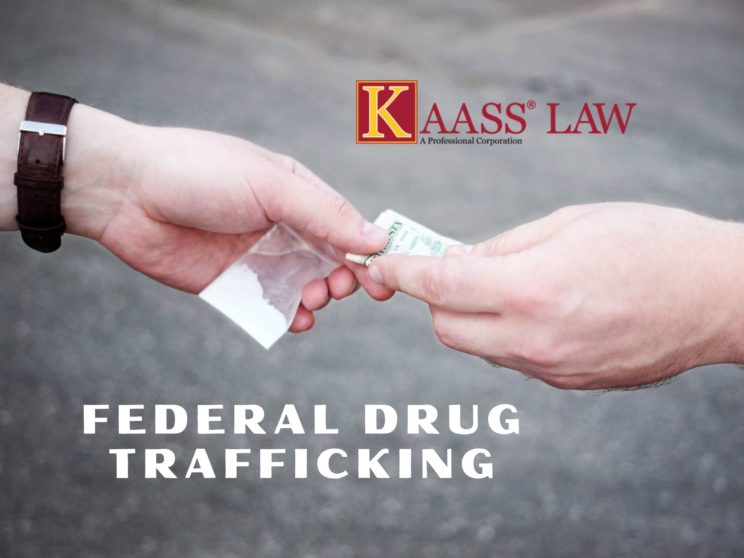Federal Drug Trafficking Law US Code 21 Section 841
Federal drug trafficking law US Code 21 Section 841 states that it is unlawful to knowingly and intentionally manufacture, dispense, distribute, or possess the intention to manufacture, distribute or dispense a controlled substance; or distribute, create, dispense or possess with the intention to dispense or distribute the counterfeit substance.
Elements of Federal Drug Trafficking Crimes Under US Code 21 Section 841
The prosecution must prove beyond a reasonable doubt the following elements to convict the defendant of federal drug trafficking:
- The defendant had the specific intent to traffic drugs.
- The defendant had knowledge that he was transporting drugs
Counterfeit Substance
A counterfeit substance is a controlled substance that has the container or labeling of any trademark, identifying mark, trade name, number, imprint, device, or any likeness thereof, of a manufacturer, dispenser, or distributor or without authorization.
Federal Drug Crime Charges
The defendant is likely to be charged with a federal drug crime in case the criminal activity:
- Happened on federal property
- Involved importing drugs into the US or crossed state lines
- Was related to a continuing criminal enterprise or an organized crime
- Involved the sale of a large amount of drug
- Involved transporting drugs through mail couriers such as FedEx, USPS, and UPS.
Simple Possession and Possession With the Intent to Distribute
Small amounts of drugs can be considered to be for personal use, and are often handled by local and state officials. But, in case the defendant is involved with larger amounts of drugs with the intent to distribute, his case is more likely to be handled by federal authorities.
Penalties for Federal Drug Trafficking
The judge considers the following factors when determining the defendant’s sentence:
- Defendant’s criminal history
- The type of drugs
- The quantity of drugs
- Whether or not the drug caused death or serious bodily injury to another person
According to the Controlled Substance Act (CSA), controlled substances are divided into five schedules based on their perceived abuse potential, safety concerns, and medical utility.
Drugs listed in Schedule I have the highest potential for abuse. The defendant can face a 10-year minimum sentence for manufacture or possession with the intent to distribute the following drugs:
- 1 kg or more of heroin
- 5 kg or more of cocaine
- 280 g or more of crack
- 50 g or more of pure methamphetamines (500 g of meth mixture).
- 10 g or more of LSD
- 100 g or more of pure PCP
- 1000 kg or more of marijuana;
The defendant can face up to 20 years in federal prison for a second offense, and a life sentence for a third offense.
In case someone suffered great bodily injury or died as a result of the crime the penalties can double from a minimum of 20 years to a life sentence for a subsequent offense.
Penalties for Smaller Amounts of Drugs
The defendant will also face a mandatory minimum sentence of 5 years in federal prison for smaller amounts of drugs.
- 100 g or more of heroin
- 28 g or more of crack
- 100 kg or more of marijuana
- 5 g or more of pure methamphetamines (50 g of meth mixture)
- 500 g or more of cocaine
- 10 g or more of pure PCP
- 1 g or more of LSD
Penalty Enhancement for Federal Drug Trafficking
The defendant will face harsher penalties in case he carried a firearm during a drug trafficking crime, was trafficking drugs near a federal facility or school, or used a minor under the age of 18 in drug operations.
Are you or someone you know in need of legal assistance regarding federal drug trafficking charges? Get in touch with KAASS Law in order to see what we can do for you.

